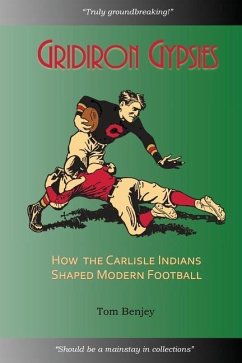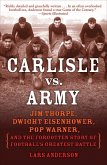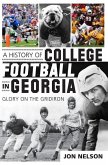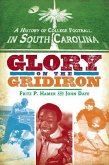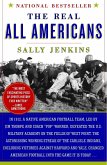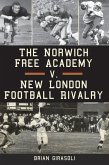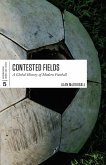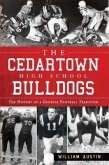After pleading with Superintendent Richard Henry Pratt to be allowed to play football against other schools, the small complement of students old enough competed against college men from coast to coast. Some had never seen a real football before and most were learning English. Located in a small town in Southcentral Pennsylvania, they traveled considerable distances to play all their important games on the road, but still won most of them. Soon, Carlisle players became known nationwide and more teams than they could schedule requested games. Large crowds turned out to see and support them. Their games were covered as much nationally as were the large universities. After hiring Pop Warner as their coach, they were a phenomenon. Carlisle players made All-America lists and seven have been inducted into the College Football Hall of Fame. These include Jim Thorpe, James Johnson, Gus Welch, Ed Rogers, Al Exendine, Joe Guyon and Lone Star Dietz. The only previous attempt at writing Carlisle Indian School's football team's history was made in 1951, well before modern research tools were available. Dr. Benjey's work includes all the games they played and at the correct locations and on the actual dates.

